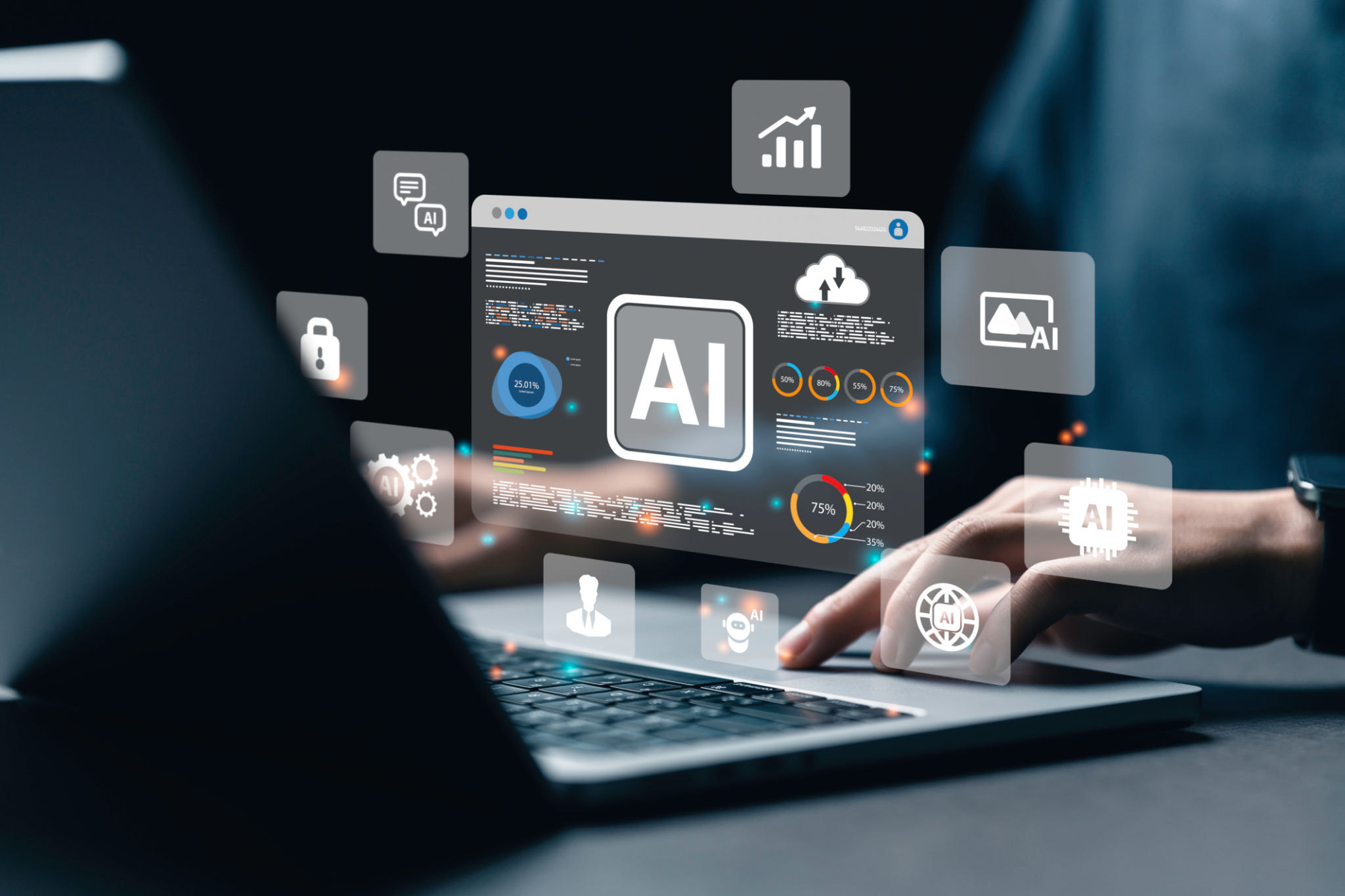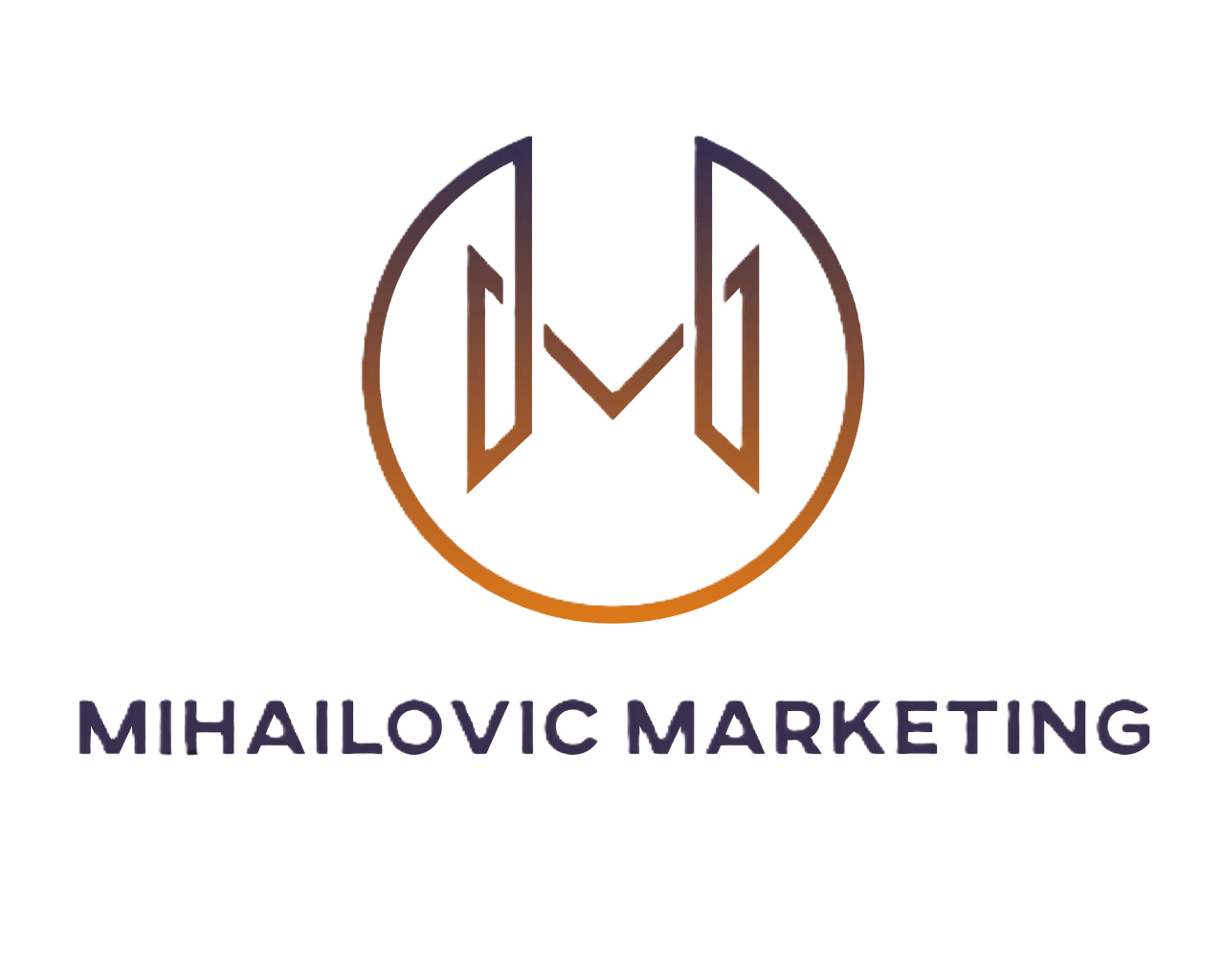Top Content Marketing Trends Marketers Should Know About
The Rise of AI-Driven Content
As artificial intelligence continues to evolve, its impact on content marketing is becoming increasingly significant. AI-driven tools are now capable of generating high-quality content, analyzing audience data, and predicting trends with remarkable accuracy. This technology is enabling marketers to tailor content more precisely to audience preferences, leading to higher engagement rates.

AI also plays a crucial role in optimizing content for search engines. By analyzing search patterns and user behavior, AI tools can suggest keywords and topics that are more likely to resonate with audiences. This not only saves time but also enhances the effectiveness of content strategies.
Personalization at Scale
In today's competitive landscape, personalization is no longer optional; it's essential. Consumers expect brands to deliver content that speaks directly to their needs and interests. Fortunately, advances in data analytics and automation are making it possible to deliver personalized content at scale.
Marketers are leveraging data to segment audiences and craft messages that resonate with specific groups. This approach not only improves customer satisfaction but also boosts conversion rates. Personalized content enhances the customer journey by providing relevant information at each touchpoint.

Video Content Dominance
Video content continues to dominate the digital landscape, with platforms like YouTube and TikTok leading the charge. The dynamic nature of video makes it an engaging medium that captures attention quickly. Whether it's short-form videos or live streaming, audiences are consuming video content at unprecedented rates.
Marketers are investing more in video production, recognizing its potential to convey complex messages succinctly and entertainingly. Video content not only helps in storytelling but also increases brand visibility across various platforms.
The Power of Interactive Content
Interactive content is transforming the way audiences engage with brands. From quizzes and polls to interactive infographics and calculators, this type of content encourages active participation from users. It offers a personalized experience that keeps users engaged longer than traditional static content.

Interactive content also provides valuable insights into customer preferences and behaviors. By analyzing user interactions, marketers can refine their strategies and create more targeted campaigns.
Sustainability and Ethical Marketing
As consumers become more environmentally conscious, they expect brands to reflect these values in their marketing efforts. Sustainability and ethical marketing are becoming key differentiators for brands looking to build trust and loyalty with their audiences.
Marketers are incorporating eco-friendly practices into their campaigns and highlighting these efforts in their content. By showcasing a commitment to sustainability, brands can connect with consumers on a deeper level.
Emphasis on User-Generated Content
User-generated content (UGC) is gaining traction as a powerful marketing tool. By encouraging customers to share their experiences and creations, brands can foster a sense of community and authenticity. UGC not only builds trust but also provides valuable social proof for potential customers.

Brands are leveraging UGC across social media platforms to enhance their reach and engagement. By showcasing real-life interactions with their products or services, they can create more relatable and compelling marketing narratives.
Conclusion
Staying ahead of the curve in content marketing requires an understanding of emerging trends and a willingness to adapt. From AI-driven insights to the power of video and personalized experiences, these trends are shaping the future of marketing strategies. By embracing these changes, marketers can create more effective and meaningful connections with their audiences.
